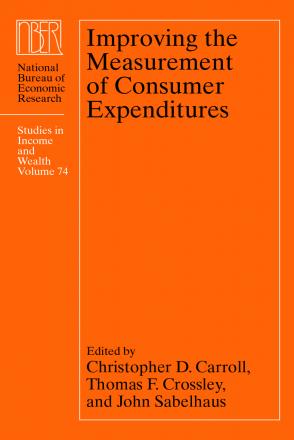Judging the Quality of Survey Data by Comparison with "Truth" as Measured by Administrative Records: Evidence From Sweden

We construct a new consumption measure as a residual from the budget constraint. Consumption is that part of income that is not used to increase assets. Our measurement relies on detailed Swedish registry data on the various sources of income and the composition of households' asset portfolio, collected as part of the tax assessment process. The richness of the data allows us to impute a household-specific portfolio return, which is important to arrive at an accurate consumption measure with our method. We match the Swedish households that are surveyed with a standard European Household Budget Survey to our data set, allowing a detailed comparison of the two consumption measures. We find that the survey-based measures understate consumption for home-owners, high-income, and high-wealth households.
Survey-based consumption appears unbiased for the average renter and, if anything, slightly understates consumption for the youngest and poorest in our sample. Taken together, the survey understates consumption inequality. Separately, Swedish car registry data on car transactions indicate severe reporting biases in the survey.
-
-
Copy CitationRalph Koijen, Stijn Van Nieuwerburgh, and Roine Vestman, Improving the Measurement of Consumer Expenditures (University of Chicago Press, 2014), chap. 11, https://www.nber.org/books-and-chapters/improving-measurement-consumer-expenditures/judging-quality-survey-data-comparison-truth-measured-administrative-records-evidence-sweden.Download Citation


